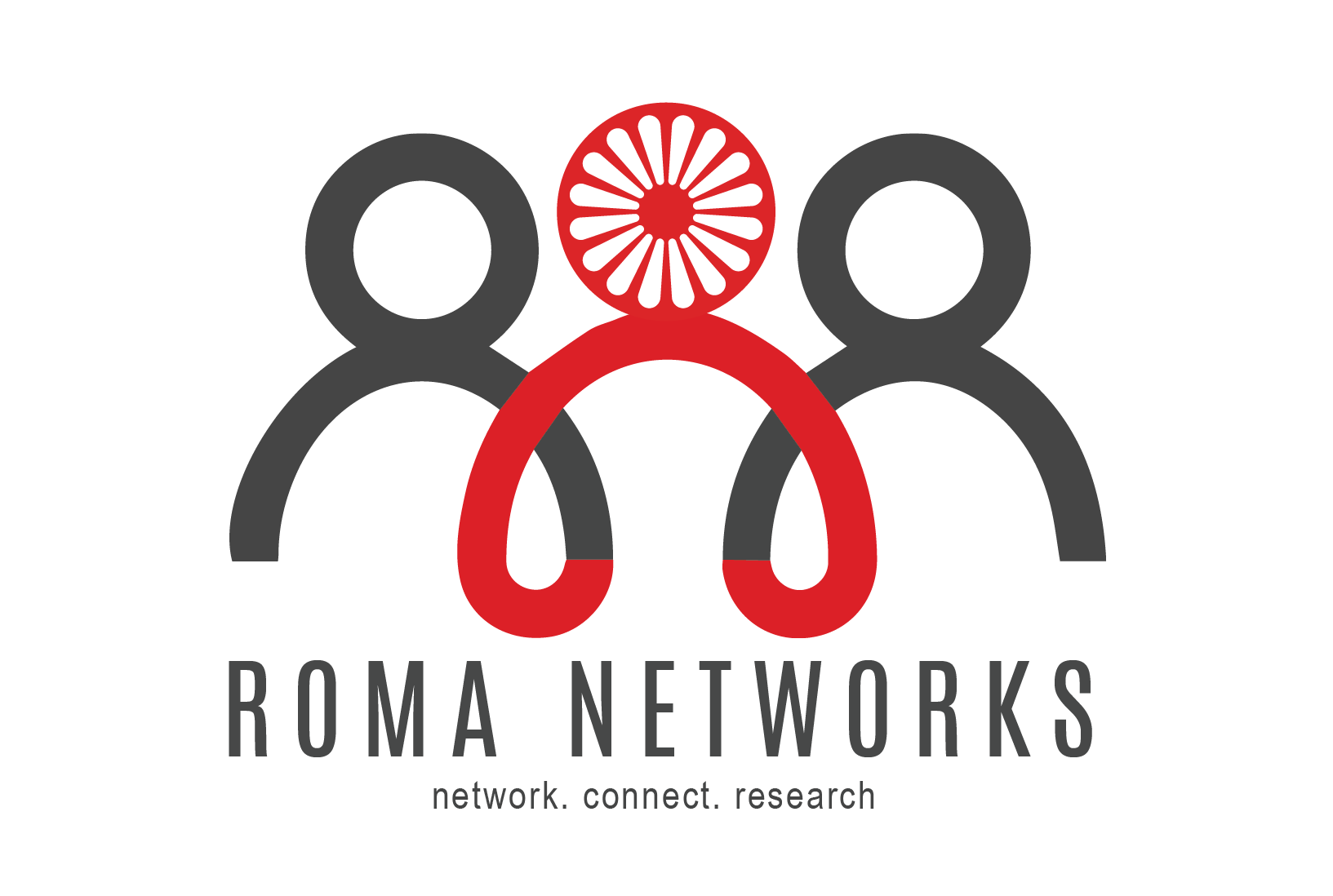To celebrate the 50th anniversary of the Roma being recognised as a nation, we will be sharing with you a few stories from some Roma brothers and sisters from different countries over the next few weeks. They will share with us how they view their identity as Roma, their experiences as Roma, how they came to Christ and how this affects their sense of identity. We hope you are encouraged, inspired and enriched by their stories.
Miki and Suzana live in Jagodina, a town in Serbia that literally means “Big Strawberry”. Miki has been a pastor there for the past two decades, and he has seen what started off as a small church plant of a handful of people grow into a vibrant community. Their church started a pre-school for children in their area and Suzana serves there as a cook.
Miki shared his experience of growing up as a Roma child.
“One of my grandmothers was Serbian, so I look quite fair and could have easily passed as Serbian. But when I was at school other people knew I was Roma, not because of how I looked, but how I talked. I was very aware that I was different, and I used to think I was less than my Serbian friends,” Miki said.
“It didn’t help that our parents never told us that we are valued. They just said that we are Roma and this is the way things are. We didn’t get the sense of value and worth since we were kids.”

When Miki was about 10, he met Jesus for the first time.
“I had a pair of new shoes and one of my friends asked me to show him where I bought them from. We went to the store together. After that he asked me if I wanted to go to church with him. At first I said no because my only experience of church at the time was that church was a very strict place. I didn’t want to go,” Miki said.
“But he said his church is not like that. He said they sing and hear from the Bible. I went and I loved it. I went to the youth group and they were preparing for an Easter performance, where some kids would memorise some verses and say them out loud in front of everyone. The teacher asked me if I could read (a common question to Roma kids), and I said yes I can. She chose me to be one of the kids to memorise a verse. That meant a lot to me.
“I read it over and over and memorised it, and I did it well. The verse was about Jesus dying on the cross for us. From that time on I became a Christian.
“I know now that right on the first encounter with the church and with God that I got a task to speak of Jesus’ work on the cross, and that this will be the message I will speak the whole of my life,” Miki said.
For Suzana, her encounter with Jesus happened at the tender age of six.
“I went to the church and learnt from Sunday School. I have been a Christian ever since.”
Knowing Jesus from such a young age gives her a sense of belonging, and even though she experiences discrimination from other people, she knows her place is secure in God’s family.
Miki said as a Christian he knows where to look to find his identity.
“I know that I have value and worth because I am a child of God. My identity is not in being Roma, not even in being a pastor, but in being a child of God,” Miki said.
When Miki and Suzana first began their ministry in Jagodina, they faced a lot of opposition from the locals.
“We were not sure if this opposition was more to do with us being Evangelical Christians among the Orthodox or with the fact that we are Roma – perhaps both. We had the local newspaper writing bad things about us which were not true. We had the local TV station and radio station also against us,” Miki shared.
“But one day a group of us from church performed some Roma worship songs at an event and everyone really loved it. We then got invited to perform these songs on TV and the radio. The local newspaper – the one that was writing bad things about us – asked me to write regular columns for them. God really turned things around for us.”
Ethnic prejudice is a real issue in Serbia and even more widely in the Balkans.
“The problem is in the mentality and it is hard to change. We need to think of ways to create more opportunities for Roma and non-Roma to spend time together,” Suzana said.
Miki and Suzana are hopeful that God’s family is a great context for this to happen. Despite the initial opposition, people at the church do not hold bitterness against their neighbours. Instead they have a heart to reach their neighbours, and not just those who are Roma.
“Our name used to be Jagodina Evangelical Fellowship of the Roma. But we realised that this name may have prevented our Serbian neighbours from coming. So we changed our name and removed ‘of the Roma’ and we started seeing some Serbian families coming. Our church is still predominantly Roma, but we are open to people from any ethnic group.
“We all need the gospel, we want anyone to be able to come,” Miki said.
This story is brought to you in partnership with Christian Roma Support. You can find this story in Dutch on their website. While you are there, check out the great section they have prepared on the 50th anniversary of Roma. (You can select “Translate” into English when you get on the website)
